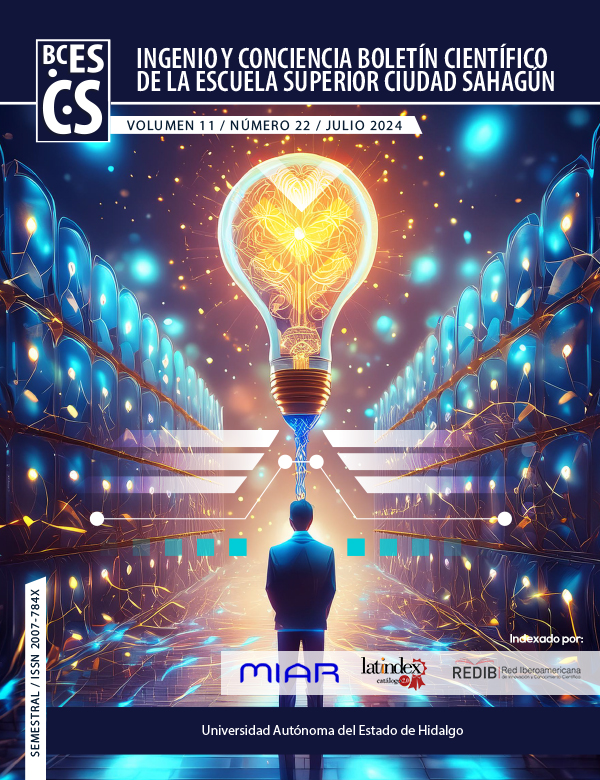ChatGPT in writing academic papers
DOI:
https://doi.org/10.29057/escs.v11i22.12553Keywords:
Artificial Intilligence, ChatGPT, Academic integrityAbstract
The use of technology in education has brought numerous benefits, however, there are also risks that must be considered for its correct implementation. The use of artificial intelligence and specifically the ChatGPT tool does not escape these considerations, so it is appropriate to review the characteristics of said tool to take advantage of the advantages it offers and design strategies to reduce the dangers of engaging in acts of academic dishonesty.
Downloads
Publication Facts
Reviewer profiles N/A
Author statements
Indexed in
- Academic society
- N/A
References
Acevedo-Rodrigo, A. (2023). Las condiciones del plagio. Aprendizaje, conocimiento y burocracias de la evidencia y la evaluación. Revista Mexicana de Investigación Educativa, 28(97), 619-627.
Crouse M. (2024) ChatGPT Cheat Sheet: A Complete Guide for 2024. TechRepublic. Consultado el 18 de enero de 2024. Disponible en https://www.techrepublic.com/article/chatgpt-cheat-sheet/
Gaitán-Duarte, H. (2023). The use of artificial intelligence and scientific papers published in the Colombian Journal of Obstetrics and Gynecology. Revista Colombiana de Obstetricia y Ginecología, 74(3), 199-201. https://doi.org/10.18597/rcog.4139
Giraldo Forero, A. F., Orozco Duque A. F. (2023) Evolución del procesamiento natural del lenguaje. TecnoLógicas, vol. 26, núm. 56, Instituto Tecnológico Metropolitano, Colombia.
Gomes, W. J., Evora, P. R., Guizilini, S. (2023). Artificial Intelligence is Irreversibly Bound to Academic Publishing — ChatGPT is Cleared for Scientific Writing and Peer Review. Revista Brasileira de Cirurgia Cardiovascular/Brazilian Journal of Cardiovascular Surgery, 38(4), 1-2. https://doi.org/10.21470/1678-9741-2023-0963
Lopardo, H.A. (2023) La inteligencia artificial en la redacción de artículos científicos. Acta Bioquímica Clínica Latinoamericana, vol. 57, núm. 2, p. 173. Federación Bioquímica de la Provincia de Buenos Aires.
Lopezosa, C. (2023). La Inteligencia artificial generativa en la comunicación científica: retos y oportunidades. Revista de Investigación e Innovación en Ciencias de la Salud, 5(1), 1-5. https://doi.org/10.46634/riics.211
Moreno, J. (2023) La consulta de información. Infografía. UAEH
Turnitin LLC (2021) ¿Qué es la integridad académica y porqué es importante? Ebook: https://www.turnitin.com/es/ebooks/que-es-integridad-academica
Rodríguez Jiménez, J. R., (2023). Ampliando el horizonte sobre el plagio académico. Revista Mexicana de Investigación Educativa, 28(97), 661-672.
Vries, W. D. (2023). Como (no) combatir el fraude académico: Lecciones internacionales. Revista Mexicana de Investigación Educativa, 28(97), 637-650.
Zeta de Pozo, R. (2023). Editorial. Revista de Comunicación, 22(2), 7-16. https://doi.org/10.26441/RC22.2-2023-E1.



















